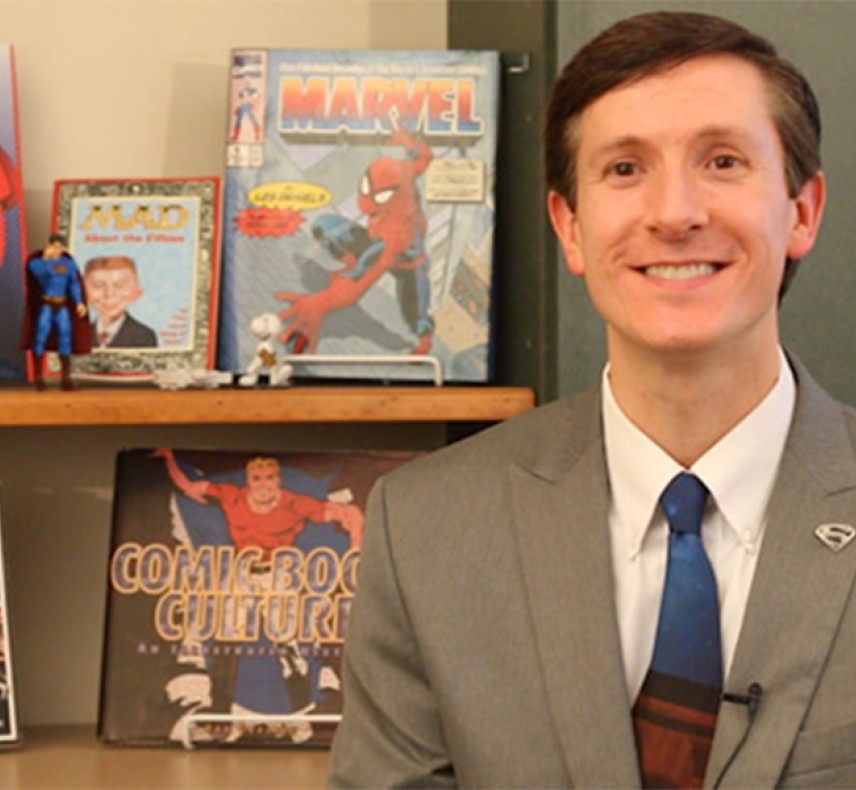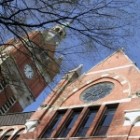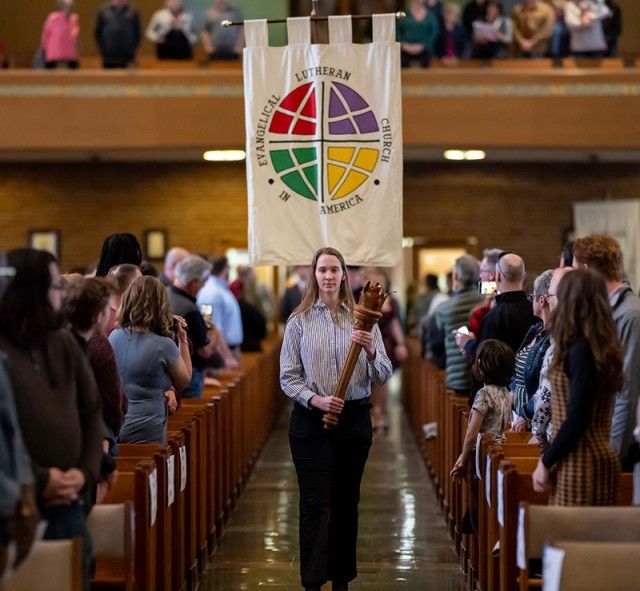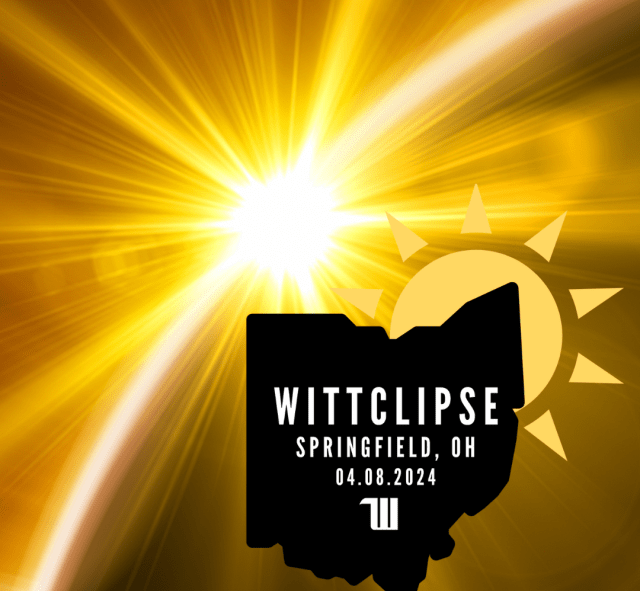What is the significance of Comic-Con International to our culture?
MJS: Comic-Con International has become the epicenter for popular culture, with reverberations from the event shaking up the way we see our culture and ourselves for months and years afterwards.
It is to the popular culture industry what the Detroit Auto Show is to the transportation industry or Cannes is to film. It is to fans of comics, film, television, gaming, and animation (among other things) what the Field of Dreams is to baseball or Graceland is to Elvis: namely, a chance to connect on a physical level with what one loves.
The meanings wrapped into this event have serious economic and social impact to the producers, the faithful who make the pilgrimage there, and to anyone who consumers mediated entertainment.
Why should students and academics in the liberal arts care about Comic-Con?
MJS: While the influence of other social institutions are on the decline, the mass media show no signs of loosening their hold on how they shape our lives. Educated people need to be able to recognize this influence and critically examine the ideas being presented by the cultural industries.
Comic-Con presents the definitive opportunity for the public and the producers to interface, often in unscripted and highly authentic ways. Our program, The Experience at Comic-Con, presents students with the opportunity to study that interaction up close and in a highly charged environment.
Students will present their initial findings from a week-long ethnographic field study of the intersection of fan practice at the nexus of cultural marketing and fan culture in an academic panel titled “The Culture of Comic-Con: Field Studies of Fans and Marketing” at the conclusion of Comic-Con on Sunday, July 27.
The students include Madeline Geiger, Christopher McDaniel, and Katherine Deck from Wittenberg University; Rahni Argo-Bryant from the University of Alabama; Johnathan Butler from Florida State University; Kelsey Cute, Judith Gallegos, and Desiree Smith from Lynchburg College; Alora Slak from Otterbein University; and Amy Williams from State University of New York at Albany.






